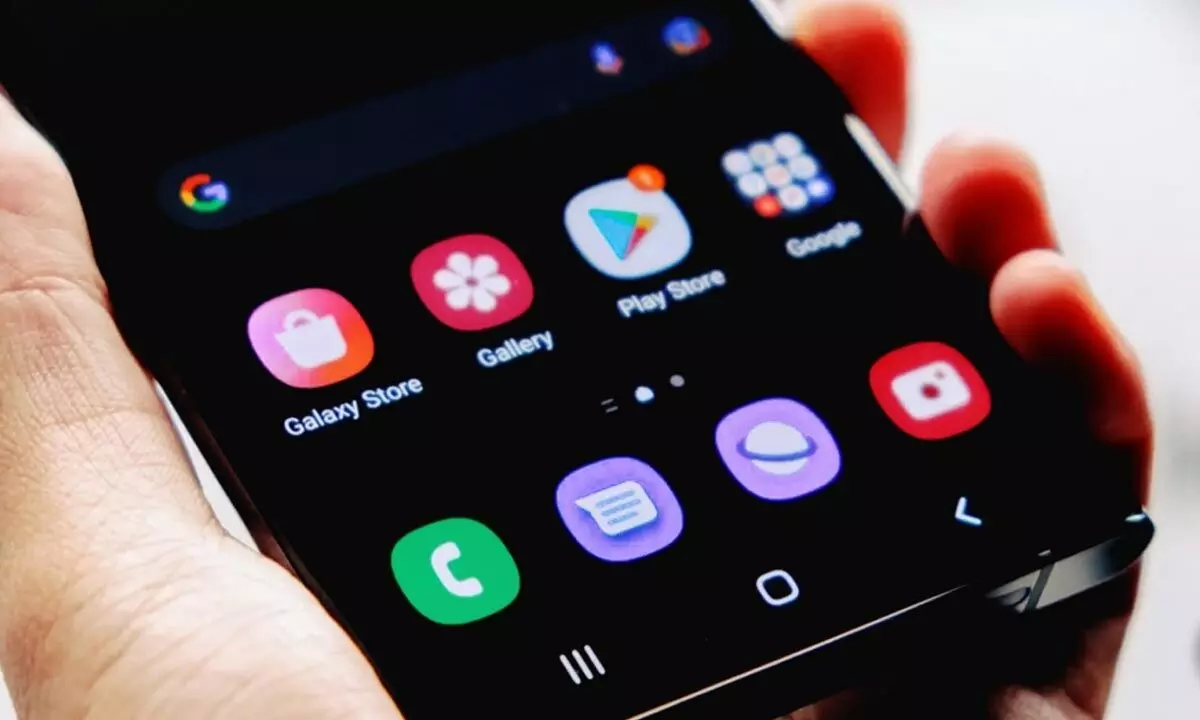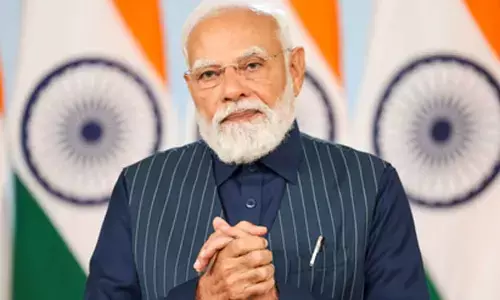Government to force smartphone makers to allow removal of pre-installed apps

For representational purpose
The crackdown on pre-installed apps is part of a plan proposed by the Indian government, which may also require testing of major mobile operating systems.
Smartphone brands may soon be forced to offer an option to allow users to remove pre-installed apps on the device. The crackdown on pre-installed apps, typically known as bloatware, is part of a plan proposed by the Indian government, which may also require testing of major mobile operating systems. As Reuters reported, the IT ministry is evaluating these new rules amid concerns about spying and abuse of user data. Notably, our government is also working on an Indian-made BharOS mobile operating system that would provide a similar option to remove pre-installed apps.
The report notes that the new rule requires a laboratory authorized by the Bureau of Indian Standards (BIS) agency to check new smartphone models for compliance. This is probably done to ensure the safety of users and to see if there is an option to allow users to remove pre-installed apps. The Indian government will give smartphone brands a year to comply once the new rule takes effect. It is unclear when the Indian government's new IT rule will come into effect.
An official told the news agency that the pre-installed apps pose a threat to national security. The report citing the official states, "Pre-installed apps can be a weak security point, and we want to ensure no foreign nations, including China, are exploiting it. It's a matter of national security."
Reportedly a confidential government record shows that the government has discussed the proposal with smartphone makers, including Xiaomi, Samsung, Apple and Vivo, India's biggest smartphone brands.
Presently, most smartphones, whether they are Android or iOS iPhones, come with their own third-party applications. While iPhones allow users to remove most apps, Android limits the removal of apps made by Google, like Gmail and Chrome. Brands like Samsung, Xiaomi and others don't allow users to delete their proprietary apps like Camera, Samsung Pay, Hot apps (which includes a suite of productivity apps) and more, in addition to Google apps.
If the new IT rule goes into effect, it would be a huge blow to brands' revenue. Many Android brands have partnerships like Meta and Snap for their respective pre-installed apps. The report claims that European Union regulations need to allow the removal of pre-installed apps. However, it does not have a screening mechanism to check for compliance, as India is considering.
The Indian government has been stepping up its efforts to prevent spying through apps on smartphones. The government has already banned more than 300 Chinese apps, such as TikTok and WeChat, to protect user data. The Indian government is already working on an indigenous mobile operating system called BharOS, which will not include any pre-installed services or applications. BharOS can also help Indian manufacturers reduce their reliance on foreign smartphone operating systems.
In the past, smartphone makers and developers have argued that their proprietary app protects users' privacy. Google even recommends users download apps through its Google Play app store for security purposes. Apple, on the other hand, does not allow users to download apps from third-party platforms to ensure their privacy of users.










